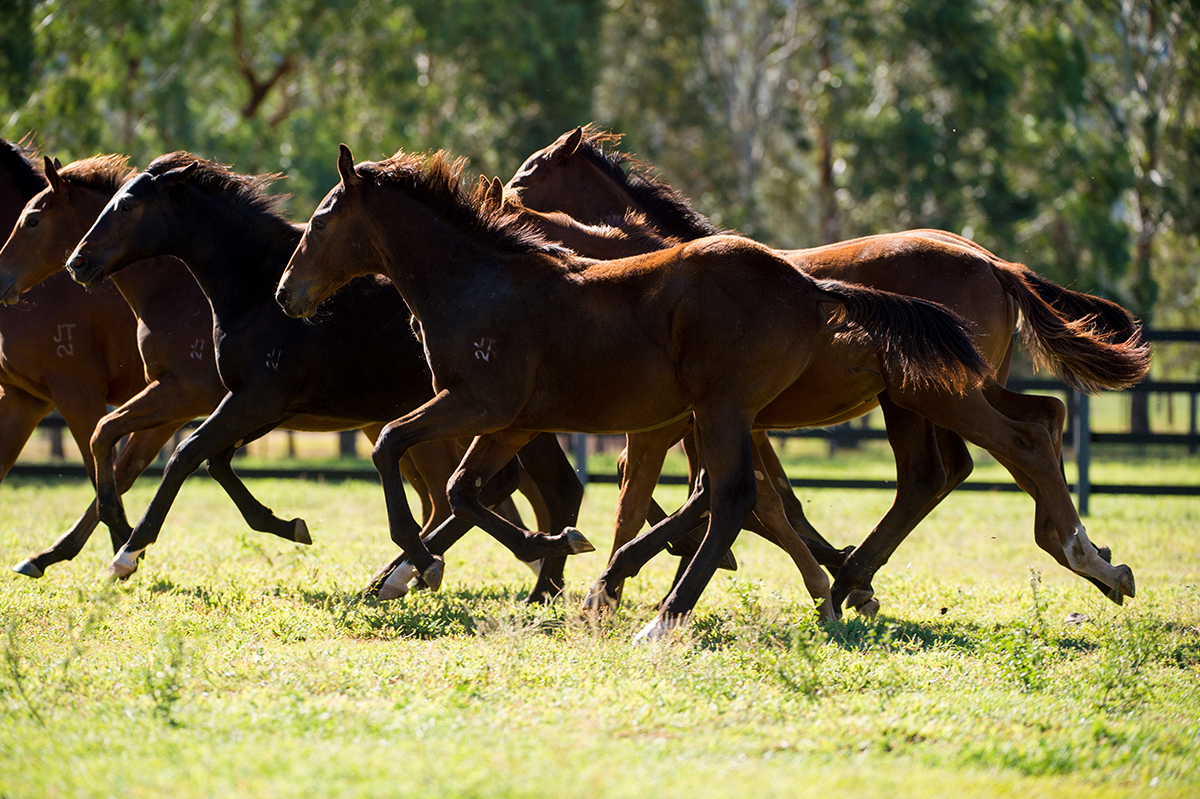Key points
- Armed with new knowledge about how horses’ hearts can respond to high intensity training, the thoroughbred industry has the potential to create new training regimes and trial medications to reduce heart muscle scarring.
- This is in response to new research that has shown that a small number of horses may develop heart muscle scarring following athletic training.
- This heart muscle scarring has the potential to cause an abnormal heart rhythm.
- More research is required to investigate viral heart inflammation and gender or genetic factors that contribute to thoroughbred horses experiencing abnormal heart rhythm.
Caring for incredible athletes
Leading the research project was equine internal medicine specialist veterinarian Laura Nath who is a PhD candidate at the University of Adelaide. Dr Nath explained, “We know from other research that horses’ hearts get bigger as they do more athletic training. The same goes for human athletes too, the fitter the person gets with sustained exercise, the bigger their heart gets.
“Thoroughbred horses are incredible athletes, but their hearts are not indestructible. The more we know about keeping their hearts healthy the better we can manage their training and performance to ensure their long-term wellbeing.”
Dr Nath said, “Sometimes there is pressure put on the heart from doing intense exercise that can cause heart muscle inflammation. This in turn has the potential to cause some scarring in the horse’s heart muscle which in rare instances can lead to abnormal heart rhythms.”
“We need to do more research to understand how and why this scarring occurs and if it can be prevented with a different approach to training or treated and repaired with medication. We also need to investigate whether viral illness could be causing some inflammation in the hearts of horses which could contribute to the heart muscle scarring.










